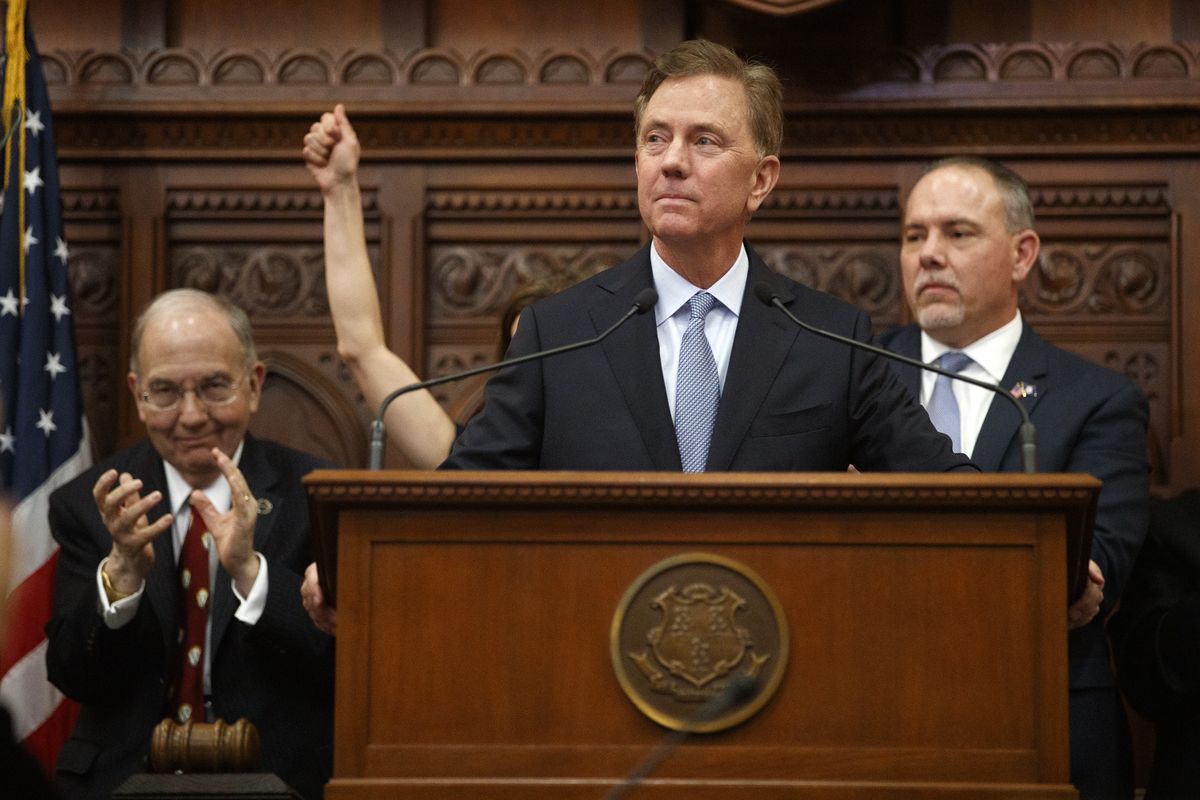Connecticut Lawmakers Considering Special Session to Legalize Sports Betting
Posted on: April 29, 2019, 09:11h.
Last updated on: April 29, 2019, 09:11h.
Connecticut lawmakers say they will consider a special legislative session if sports betting isn’t legalized before the General Assembly’s mandatory adjournment on June 5.

Lawmakers in Connecticut are considering legalizing the gambling activity, but with the mandatory June 5 adjournment fast approaching, some politicians say a special session should be held if a bill doesn’t pass in time.
It’s that important,” House Speaker Joe Aresimowicz (D) told the Hartford Courant. “Other states are getting up and running. Our residents are currently gambling on sports in one way, shape or form, and we need to pass the bill sooner rather than later.”
Since the US Supreme Court ruled last May the longstanding federal ban that prohibited sports betting everywhere except Nevada ran afoul of the Constitution, seven states – Delaware, New Jersey, Rhode Island, Pennsylvania, West Virginia, Mississippi, and New Mexico – have approved laws to govern the gambling activity.
Sports Betting Proposals
Legalizing sports betting is a bit more complicated in Connecticut than other states. The primary reason is that the state’s two Native American groups – the Mashantucket Pequot and Mohegan tribes – maintain exclusivity on gambling. But the Connecticut Lottery and off-track parimutuel parlors want in on the sports betting game.
“I don’t think this new legislature will hand that over to anybody, including the tribes,” Rep. Joe Verrengia (West Hartford-D) said. “There are numerous stakeholders that have a vested interest.”
Verrengia sponsored a sports betting bill last month that would allow the tribes, state lottery, and off-track wagering sites to operate sportsbooks. The legislation set aside 0.25 percent of the total betting handle for the leagues. The so-called “integrity fee” money would help the leagues offset any increased monitoring costs associated with legalized sports gambling.
None of the other states that have joined Nevada in offering sports betting currently collect an integrity fee. New Jersey Senate President Stephen Sweeney (D) opined last year that such fees are “extortion.”
“Essentially, the leagues are asking to be paid to allow games to be played fairly,” Sweeney contested. “And their demand begs the question of what they would now start doing to preserve the integrity of their games that they have not been doing for years?”
Gambling Expansion
Sports betting legislation isn’t the only gambling-related measure making its way through the Hartford capital. The state’s two tribes recently received federal approval from the Department of the Interior to move forward with their satellite casino in East Windsor.
The gambling hall is being jointly constructed by the Mashantucket Pequot and Mohegan tribes, and will feature 2,000 slot machines and 120 table games. The goal is to give Connecticut residents a casino option in the north-central part of the state instead of crossing the border to MGM Springfield in Massachusetts.
The tribes share 25 percent of their slot win with the state, but those proceeds continue to decline. The state received $430 million in slot tax money in 2007. Last year, that number was $263.6 million – a 39 percent reduction. Sports betting could give Connecticut casinos an upper hand against MGM, as Massachusetts lawmakers won’t legalize the gambling activity this year.
No comments yet